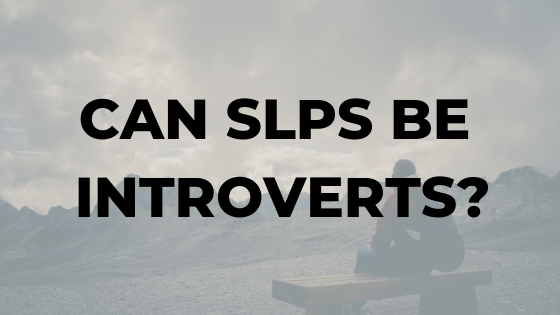I have never been a natural “people person.”
Back when I was a kid, my mom was seriously concerned about me. There was a time period she actually worried that I wouldn’t make friends, and she was frantically scheduling play dates to get me out of my comfort zone.
And then…the awkward adolescent years.
Through junior high and high school I never really had a huge group of BFFs (like the other girls somehow did with ease).
I had friends, but I preferred just one friend at a time rather than a huge group of people. Being around huge groups and making small talk for long periods of time was a massive, anxiety-inducing experience for me.
I actually had a sales associate job when I was seventeen that involved selling ice skates and apparel, and instead of being out on the floor talking to customers I somehow always found a way to hide in the back and do inventory.
In college, I joined a sorority. I forced myself to go to the social events because I thought it was what you were supposed to be doing in college (and let’s be honest…after a few drinks it was a little be easier to open up and be social).
I did manage to survive 4 years of sorority rush which required an intense weekend of talking to complete strangers and trying to get them to join your house, but each time I’d feel like a zombie afterwards.
What got me through it all was the time I spent having 1:1 conversations about topics of real substance (instead of the small talk you do at huge at parties), or taking time to myself to read or work out.
Ironically, when I chose to be an SLP…I was embarking on a field that required me to talk. A LOT. Sometimes all day long.
Not only that, but I had to constantly reach out to people, call people on the phone who I’d never talked to before and talk to them about sensitive topics (like that their child had been referred for a screening), or lead IEP meetings.
Sometimes I’d spend my lunch period hiding in my office, just savoring the quiet for a few minutes…
Yet I’d always feel guilty. I should be out socializing in the office or teacher’s lounge, right?
After reading books like Keith Ferrazzi’s Never Eat Alone, I was sure that I was committing some crime by taking those few minutes to myself.
But that all changed when I read Marti Olsen Laney’s book, The Introvert Advantage; How Quiet People Can Thrive in an Extrovert World.
According to Dr. Laney, at least 25% of people are introverts. And contrary to what some may think, that’s NOT the same thing as being anti-social. And being an introvert doesn’t mean someone is not a “people person”.
Rather, it just means you recharge by having time alone.
This was back in 2012 when I made the realization that I was not “socially awkward” and there was nothing wrong with me because I didn’t always want to be the life of the party.
But then I started to wonder if I’d picked the wrong profession.
Can SLPs be Introverts?
The short answer: Yes.
I’m living proof. I imagine that there are others as well.
While certain aspects of the job may be more appealing to people who like to recharge in large social situations, there’s no reason an introvert can’t be a highly effective SLP if they learn how to leverage their strengths.
And reading some of Dr. Laney’s research, I realized that having the ability to work in solitude for long periods of time can actually be a huge advantage (for example, like when you’re trying to finish a dissertation).
It occurred to me that while being an SLP seems to be more of an extrovert’s job on the surface, there may be some other introverted SLPs out there.
That’s while I’ve recently started compiling some resources for SLPs on my Pinterest account, which is why I created this board called Resources for Introverted SLPs.
Right now it includes inspirational and humorous quotes, posts, and resources for introverted SLPs (including some introvert productivity hacks like these email scripts).
But I want to dig in to this further.
That’s why I’m thinking of doing a more in-depth book review of Dr. Laney’s book (The Introvert Advantage) to give my fellow introverted SLPs a guide to boosting their confidence and owning their unique strengths.
For now if you’re interested in this topic, I recommend you check out a couple of the quotes and articles in my Resources for Introverted SLPs board.
But I want to hear from you. Are you interested in learning more about the research on this topic?
Leave a comment and let me know if you’d like to see a review of The Introvert Advantage.

